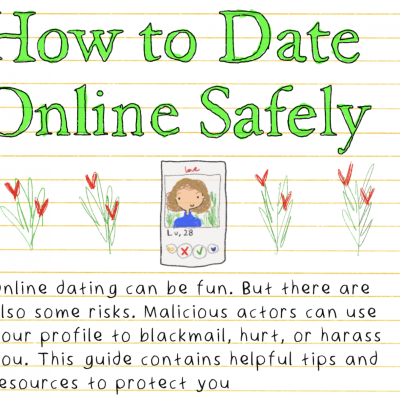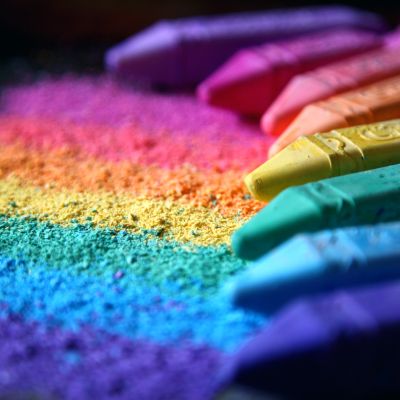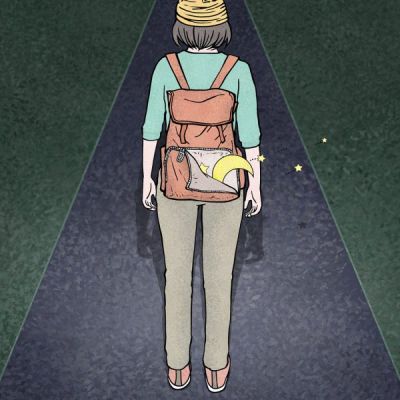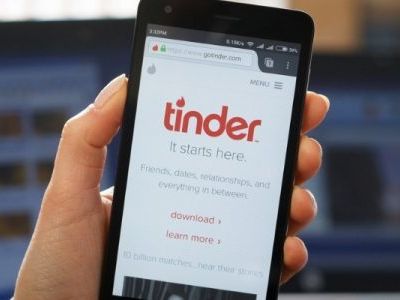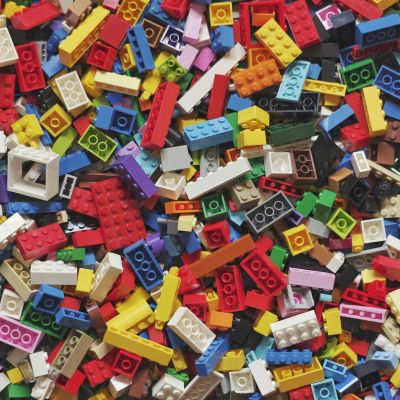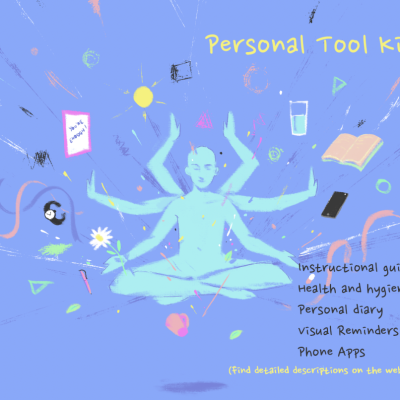intimacy
From being comfortable doing nothing in someone’s company or cooking and laughing together, to confiding in them our hopes and fears, feeling safe letting someone seeing us at our best as well as through our not-so-good moments is like ‘coming home’ in the world.
Online dating can be great fun but it comes with some risks. This quirky and in-depth Digital Security Guide by Access Now on How to Date Online Safely tells us how we can engage with fellow dating-app users while making sure we are safe from harm.
Taboos in relation to female desire, sexuality and the body are often addressed in my work. My recent artistic interest focuses on rituals that are primarily centred on agricultural communities in Bengal that involve the veneration of fertility symbols and celebration of feminine sexuality.
While highlighting safety from, media narratives often dismiss safety to: express oneself, be it through the way we identify and communicate, or through the body. Not only the spaces we access and the time of day we do so but also the way we perform our self-hood.
We are led to question what ‘safety’ really is: Will it be guaranteed by going gently, if at all, into that good night? Is it at all possible to freely and safely explore who we are and the world in which we live?
Every match that came my way, every person I spoke to, every time someone pointed to the word “asexual” in my bio – it was all an exercise in acceptance, compassion, and empathy. People were asking questions because they wanted to know how best to interact with me, how to respect my boundaries, how to to get over their own misgivings about ‘my kind’.
But self-care is not a clean and happy procedure, it is not definitively achievable when systematically explored. To understand the scope of self-care we need to see the ‘dark side’ of the landscape, and destroy the versions of self-care that denounce our plurality. In this fight, the only outcome can be a recognition of experiences beyond the wellness narrative structured around the neoliberal agenda. This article is an attempt at foregrounding some aspects of self-care that decentralise the prevalent commodification of it.
But self-care is not a clean and happy procedure, it is not definitively achievable when systematically explored. To understand the scope of self-care we need to see the ‘dark side’ of the landscape, and destroy the versions of self-care that denounce our plurality. In this fight, the only outcome can be a recognition of experiences beyond the wellness narrative structured around the neoliberal agenda. This article is an attempt at foregrounding some aspects of self-care that decentralise the prevalent commodification of it.
Desiring motherhood meant veering into a more ‘girly’ territory, a notion that I had simultaneously been fighting and trying to embrace since childhood. I had understood that to be a feminist I had to be independent, be wary of men, dislike families and relationships.
The simple truth is that my body and I are having an affair. We each obsess about the other, ask questions and desire each other so much, that it often borders on the shameless. My body is more in love with me, I suspect, than the other way around.
Who is this person? What does this person want? Is it random cruising? Is money the goal, is it adventure? Why does it make me think of selling strawberries by the dusty roadside? I don’t have a single answer. Sex work is a lurking unknown in the world of sexuality.
My identity unfolded slowly during my postgraduate media studies course, where I was exposed to peers from different socio-economic backgrounds.
The short-lived thinness had left me before I knew it. I became fat, and thereby undesirable, once again. A chasm appeared in my relationship with my body. Its ways of responding had become strange. My form became unfamiliar to me, and to those around me.
In a country like India where both mental health and non-binary identities are topics that are neglected despite being essential parts of an individual’s identity, it can be quite challenging to navigate through issues regarding the same. Accessibility to affordable and quality mental health services is a serious difficulty that the queer Indian population faces.


